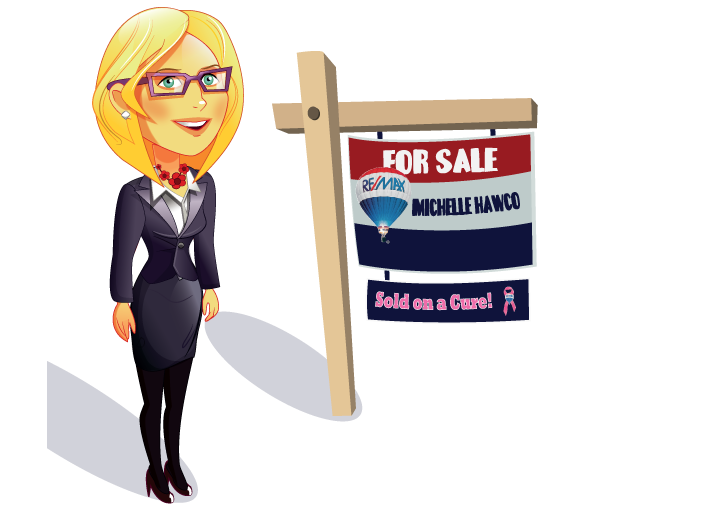As a real estate agent, Michelle Hawco has seen a significant increase in the number of people struggling with debt and cash flow due to the rising interest rates and costs of living. To discuss ways to address this issue, she invited Kim Boehlke, a mortgage agent from Premier Mortgages, to talk about refinancing and ways to consolidate debt. In this article, we will explore the benefits of refinancing, how it can help consolidate debt, and why it is crucial to speak with a professional when dealing with financial problems.
Refinancing is a common practice that allows homeowners to access their home equity, which is the difference between the market value of their property and the outstanding balance of their mortgage. When refinancing, a homeowner can obtain a new mortgage at a lower interest rate, which can result in significant savings in interest payments over time. Refinancing can also provide homeowners with additional funds to use for other purposes, such as home renovations or consolidating debt.
To calculate how much equity a homeowner can access, they need to determine the market value of their property and subtract the outstanding balance of their mortgage. For instance, if a homeowner’s property is worth $850,000, and they have a mortgage balance of $400,000, they can access up to 80% of their home equity, which is $680,000. By subtracting the mortgage balance from the total equity, they can access up to $280,000 to use for other purposes.
Refinancing is an excellent option for people struggling with debt, as it allows them to consolidate their debts into one manageable payment. Instead of making multiple payments with different interest rates and due dates, a homeowner can combine all their debts into a single mortgage payment at a lower interest rate. This can help them pay off their debts faster and with less interest, resulting in significant savings over time.
However, it is crucial to speak with a professional when considering refinancing or consolidating debt. There are various types of mortgages and lenders, and each has its own terms and conditions. Additionally, there are various risks associated with refinancing, such as the possibility of higher interest rates or hidden fees that may increase the total cost of borrowing. As such, it is crucial to speak with a mortgage agent or financial advisor to understand the risks and benefits of refinancing and to develop a plan that meets your specific financial needs.
Speaking with a professional is also important because it can help you avoid predatory lenders and other scams that can leave you worse off than before. Many people are embarrassed or ashamed to speak with a professional about their financial problems, but this only worsens the situation. By speaking with a mortgage agent or financial advisor, you can gain valuable insight into your financial situation and develop a plan to address your debts and cash flow issues.
In conclusion, refinancing can be an excellent option for homeowners struggling with debt and cash flow issues. By accessing their home equity and consolidating their debts into one manageable payment, they can pay off their debts faster and with less interest, resulting in significant savings over time. However, it is crucial to speak with a professional before making any decisions about refinancing or consolidating debt. By doing so, you can avoid scams, predatory lenders, and hidden fees, and develop a plan that meets your specific financial needs.




